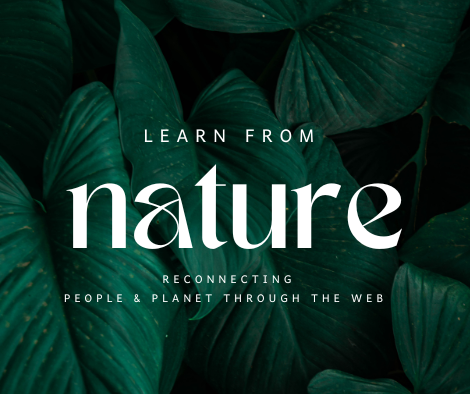Pollinators do ‘so much ‘ for humans – they enable us to have flowers, honey, fruit, our morning coffee! Yet, we are often totally unaware of these mini-industries of the Natural World.
What are ‘pollinators’? Why are they so important?
Arguably there’s no better time to ask …. when it’s National Insect Week in the UK, and Pollinators Week in North America.
The Pollinator Partnership explains
Birds, bats, bees, butterflies, beetles, and other small mammals that pollinate plants are responsible for bringing us one out of every three bites of food. They also sustain our ecosystems and produce our natural resources by helping plants reproduce.
Pollinating animals travel from plant to plant carrying pollen on their bodies in a vital interaction that allows the transfer of genetic material critical to the reproductive system of most flowering plants – the very plants that
- bring us countless fruits, vegetables, and nuts,
- ½ of the world’s oils, fibers and raw materials;
- prevent soil erosion,
- and increase carbon sequestration
This nearly invisible ecosystem service is a precious resource that requires attention and support – – and in disturbing evidence found around the globe, is increasingly in jeopardy. Pollinator Partnership urges you know how this system supports you, and how your actions can help support healthy and sustainable pollination.
What is pollination?

When a pollen grain moves from the anther (male part) of a flower to the stigma (female part), pollination happens. This is the first step in a process that produces seeds, fruits, and the next generation of plants. This can happen through self-pollination, wind and water pollination, or through the work of vectors that move pollen within the flower and from bloom to bloom.
Who are the pollinators?

Birds, bats, butterflies, moths, flies, beetles, wasps, small mammals, and most importantly, bees are pollinators. They visit flowers to drink nectar or feed off of pollen and transport pollen grains as they move from spot to spot.
Why are pollinators important?
Some of the many foods that rely on pollinators
Somewhere between 75% and 95% [1] of all flowering plants on the earth need help with pollination – they need pollinators. Pollinators provide pollination services to over 180,000 different plant species and more than 1200 crops. That means that 1 out of every three bites of food you eat is there because of pollinators [2, 3]. If we want to talk dollars and cents, pollinators add 217 billion dollars to the global economy [4,5], and honey bees alone are responsible for between 1.2 and 5.4 billion dollars in agricultural productivity in the United States [6]. In addition to the food that we eat, pollinators support healthy ecosystems that clean the air, stabilize soils, protect from severe weather, and support other wildlife [7].
WHAT DO WE KNOW ABOUT THEIR STATUS?
Pollinator populations are changing.
Many pollinator populations are in decline and this decline is attributed most severely to a loss in feeding and nesting habitats [8, 9]. Pollution, the misuse of chemicals, disease, and changes in climatic patterns are all contributing to shrinking and shifting pollinator populations.
In the USA, you can get involved by contacting the Pollinator Partnership
UNITED KINGDOM – groups helping pollinators include….


https://www.bumblebeeconservation.org/

More information about these and all similar events – visit NAEE_UK


